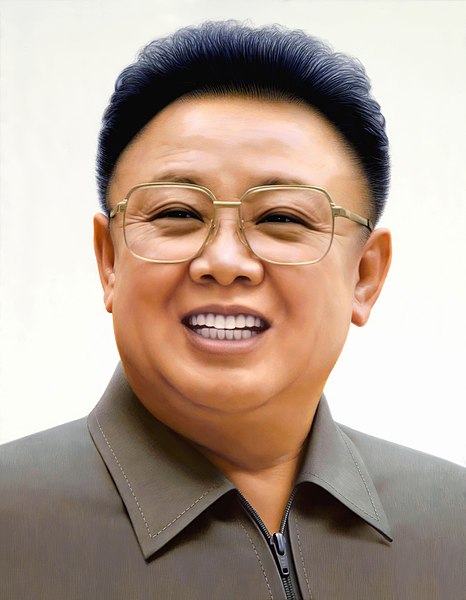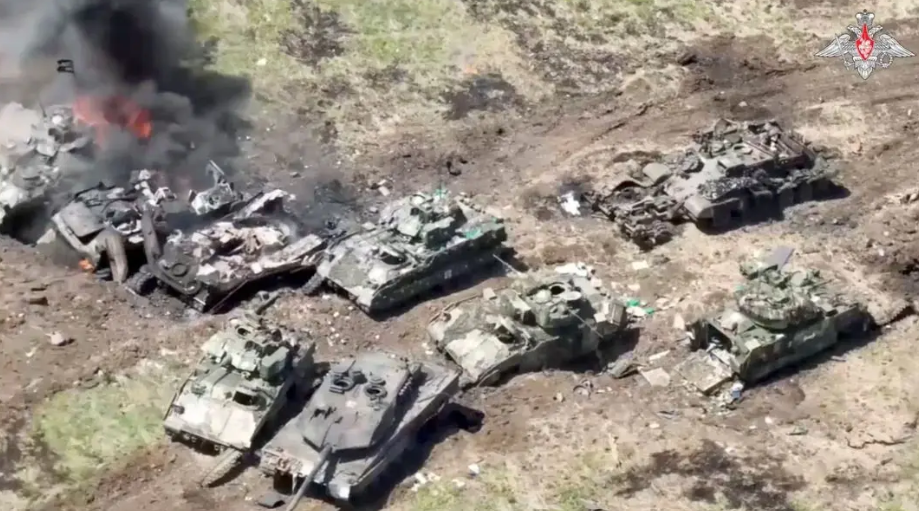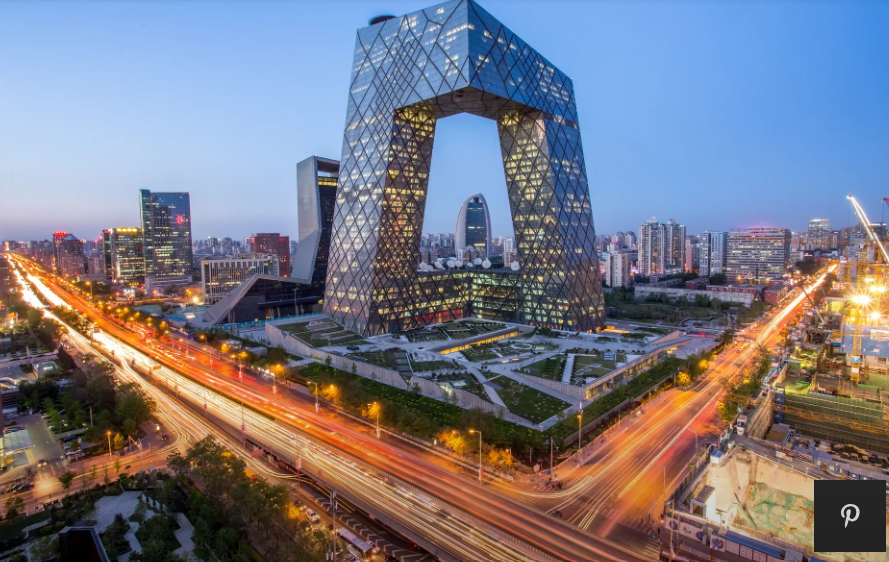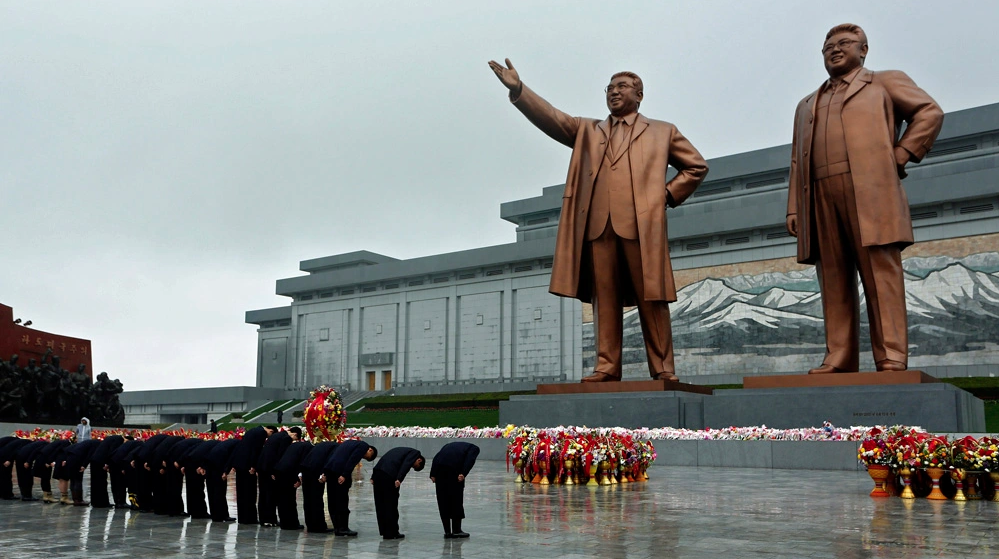JucheBot1988
Kimilsungist-Kimjongilist.
- 1 Post
- 14 Comments

 9·6 months ago
9·6 months agoI mean, it wouldn’t be the first time feudal Tibet ended up featuring in Nazi propaganda.
The Biden Administration’s strategy is now to sustain Ukrainian defense until after the U.S. presidential elections
An interesting admission here. I think this is true, though the real reason has nothing to do with helping Ukraine – it’s about avoiding a political disaster for the Democrats.
Yeah, no. I’m from the states, and these Ukronazi losers can fuck off and pay their own bills. The same goes for Taiwan, Israel, and whatever other meme countries our government and ruling class – the real traitors – are supporting. Americans have their own bills to pay.
Sounds like something a fascist loser, whose country has no production of its own, would say.
Yes, I remember people talking about how Ukraine was “systematically destroying” the Russian army at Bakhmut, and how it was a meatgrinder from which Russia would never recover – in fact the opposite was true. Then (because Prigozhin) everyone was talking about corruption in the Russian military, how Putin’s hold on power was extremely fragile, etc. etc., and saying with utmost confidence that the Summer Counteroffensive (lol) would absolutely collapse that whole house of cards; Ukraine would reconquer Crimea, there would be regime change in Russia, President Navalny would oversee the “total decolonization” of Siberia (also lol). None of that happened either. Plus throughout it all, we were consistently told that if we would just give Ukraine Leopards, Abrams, F-16s, HIMARS, Javelins, Patriot systems, Challengers, cluster bombs, horcruxes, baatleths, sticks and stones, and of course more of that sweet, sweet US taxpayer money, those plucky Ukrainian would beat the Russians in no time whatsoever. Western governments absolutely thought Ukraine could win, and some of the (particularly Britain) are still clinging to that illusion.

 7·8 months ago
7·8 months agoThat makes way more sense. Thanks!

 6·8 months ago
6·8 months agoHard to tell - my German is not the best. As Edward said below, the second part is definitely “gegen Faschimus,” against fascism. The first part sounds like “fuer den Schutz”, for the defense; so my guess is “for defense against fascism,” or something similar.
Any German comrades want to help out?

 4·10 months ago
4·10 months agoThis is not quite the insult you think it is.

 91·10 months ago
91·10 months agoExactly, losers hate winners.

 3119·10 months ago
3119·10 months agoBecause le epic former redditors are mad that Russian firepower made the invincible Leopard tank look like this almost as soon as it reached the battlefield.

Also because Beijing and Detroit look like this and this, respectively.



 161·10 months ago
161·10 months agoI’ve probably gotten further into Das Capital than you have
Apparently not far enough to be able to spell the German title correctly.
deleted by creator
deleted by creator

 1·2 years ago
1·2 years agoI need to look at my copy of Das Kapital again, but:
-
Doesn’t labor measure commodities, and isn’t it an average taking into account all labor in society – not just the value of this particular productive act, i.e., cutting hair? I seem to remember that labor is necessary as a standard of value because without it, the various commodities are essentially incommensurable, making comparison (and thus exchange) impossible. That is, if I exchange x amount of grain for y amount of coal, I am presuming that there exists some third medium to which they can both be compared. This cannot be demand solely, because “keeps me warm in the winter” and “keeps me fed” are themselves incommensurable categories; how much “fed” is a “warm” worth?
-
Marx does consider demand, in the form of social use-value. Something cannot be a commodity if does not have social use-value; that is, a commodity is a complex of labor value and social use-value. For instance, I can spend five hours making the most beautiful mud pie you have ever seen, but it will not be a commodity, because mud pies have no social use-value. As a consequence, the labor spent making it will not produce value.
-
The water-in-the-desert example relates to productivity, which describes the the amount of labor which must be expended to extract or produce a commodity. Since water is hard to get in the desert – one must either dig deep for it, or have tankers bring it in – the bucket of water has a high labor-value. Note, again, that its labor-value has to do with comparison to other commodities within the total structure of an economy, and is not the sole creator of value in the bucket of water; if there were no economy, the water would still have use-value, because humans need water to live. Labor-value is thus more abstract than use-value, and is to some extent added over and above it.
-
Converse to #2, above; something can have use-value and yet not be a commodity. The example Marx uses is food grown to support oneself. The work involved in raising a family falls under a similar head, because a family is not a commodity; it belongs in the purely human sphere, which predates and exists outside of commodities. A parent’s labor only becomes measurable as labor-value when the family itself becomes commodified, made abstract rather than concrete. For Marx, the way in which purely human things – love, sex, family, etc., – are commodified and made abstract is a prime example of the inherent anti-human nature of capital.
-
This is a long essay, so right now I’ll just respond to a few points.
(1) Cultural Revolution. This is a very complicated topic, with much more nuance than either ultras or ML’s give it. But to speak very broadly, the problem isn’t that it mobilized the people to do nasty things to the bourgeoisie; the problem is that it was voluntarist and anarchistic. Hurting and shaming the bourgeoisie is a worthy goal, but it accomplishes nothing if it isn’t accompanied by a real increase in people’s living standards. The tendency of late Mao, and even more, of the Gang of Four, was to think that communism could be built simply by instilling in people the right ideology; which is idealist rather than materialist, for ideology is a function of material conditions. Thus Deng’s corrective, “socialism is not poverty,” was desperately needed. One can argue that Deng went to far, and ultimately fell into right deviation. But we should not allow this to obscure the fact that Gang of Four were massively left-deviant, and that Deng’s occasional rightism was simply the inevitable reaction. Thus, if China during the 1990s came dangerously close to neoliberalism, it was ultimately the fault, not of Deng, but of the Gang of Four.
The DPRK, by the way, does uphold a cultural revolution – it is an integral part of the Three Fronts theory, so the writer of this article is wrong again. The difference is that here the cultural revolution is ongoing process, proceeding alongside economic development and gradually transforming the whole of society. It is planned, rather than voluntaristic. And this brings us to the central problem with “Maoism” and all forms of ultraleftism. Processes need to be guided; you cannot simply hand people guns and assume good things will happen.
(2) On “Vladimir-Fucking-Putin.” The author finds it odd that MLs give critical support to the Russian Federation in its fight against Ukrainian Nazis, but not to the Shining Path in its struggle against the Fujimori and his goons. The difference is this: Putin, by stomping the Ukro-Nazis, is actually performing a useful service. What Gonzalo did was the reverse of useful: it alienated the masses, and drove people who otherwise might have sympathized with socialism straight into the arms of the Fujimori regime. There is a reason that many Peruvian leftists today believe (in the face of any real evidence) that the Shining Path was a CIA op. Which brings us to –
(3) Gonzalo was violent, but so were the Bolsheviks. The implied “goodness” of violence smacks of anarchism, or of Georges Sorel. As Marxists, we are not for violence; we merely recognize its occasional necessity. We don’t do the fascist thing of walking around and advocating violence for its own sake; that is adolescent. We would all prefer a peaceful transition to socialism; the problem is that the bourgeoisie never lets it happen. We advocate, not violence as such, but the right of people to defend themselves by any means necessary. If some Gonzaloite can explain to me how killing pregnant women and scalding peasants to death constitutes necessary and appropriate revolutionary violence, I’ll gladly become an ultra; but until then, I’ll keep thinking of the Shining Path as basically Azov with a red flag.
(4) Why don’t AES states export revolution anymore? The DPRK does, in a limited way; obviously it can’t do much given present circumstances, but they do give what aid they can to revolutionary movements around the world. The question really comes down to: Why doesn’t China export revolution?
The flippant answer is that we should be grateful China doesn’t; after all, their attempts to export revolution during the 1970s led to some of the strangest foreign policy the world has ever seen. The serious answer is this. Global capitalism is in its last, decadent stage: accumulation through destruction. No longer able to produce real wealth, the bourgeoisie create wealth in the imperial core by destroying it elsewhere. Thus, it is imperialism that now must export revolution in order to survive. To uphold stability, and global trade, in the face of never-ending destruction is now, ironically, the revolutionary position.



Another brave redditor, speaking from the front lines